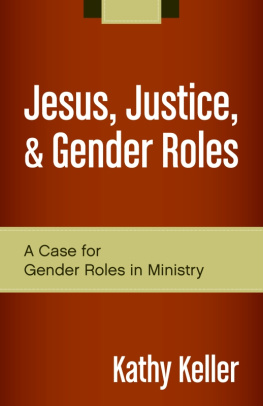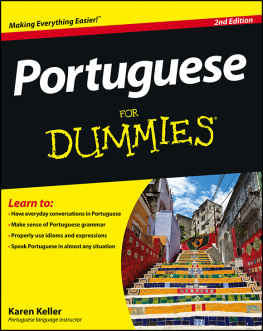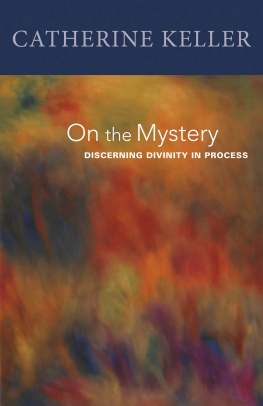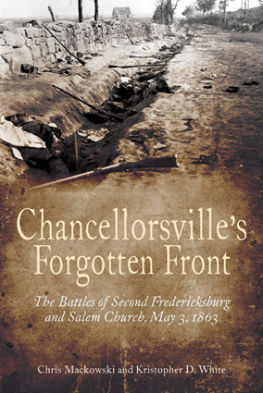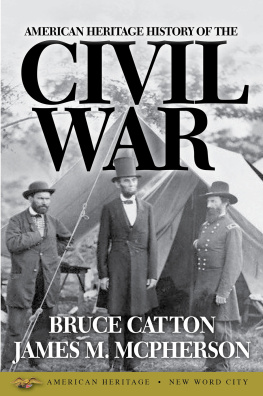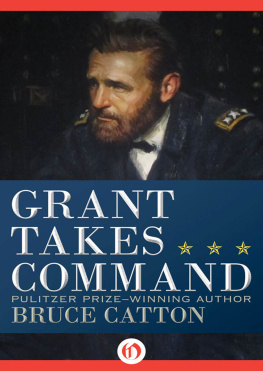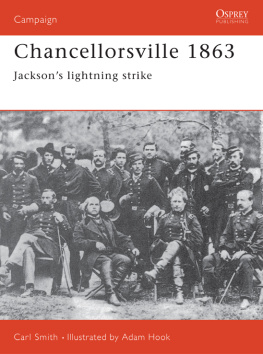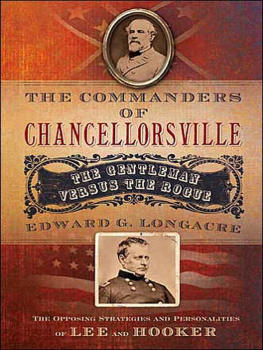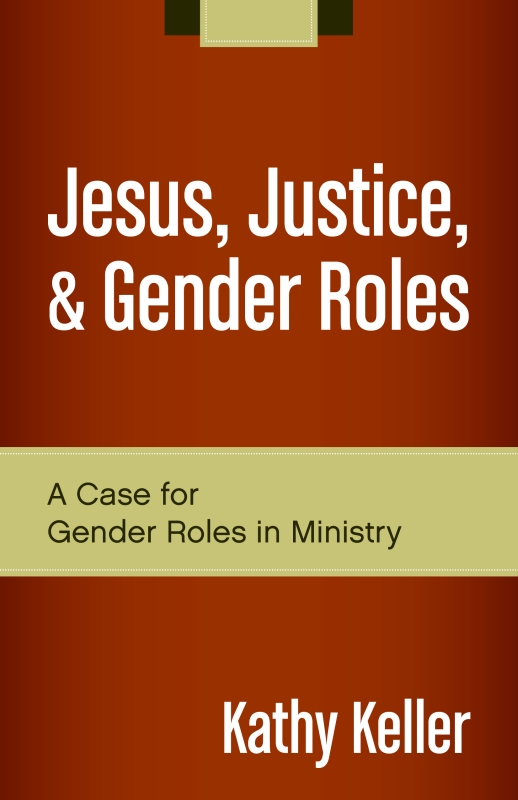
Jesus, Justice, and Gender Roles
A Case for Gender Roles in Ministry
Kathy Keller
Contents
When Tim and I moved to Manhattan in 1989 to start Redeemer Presbyterian Church, we knew that issues that were controversial elsewhere could be incendiary in New York. Over the years sexuality and gender, as well as personal choices in these areas, have been at the top of our list of topics that provoke outrage, tears, shouting, and disappointment.
One woman told me tearfully when she learned Redeemer did not ordain women as elders or pastors, It was like finding out that your fianc is a child molester! These are not moderate words that encourage continuing conversation. I wanted to console and help her, but the question becomes: How does one talk pastorally and compassionately to twenty-first-century people so that the notion of gender roles is presented not as an embarrassing antiquity the church is stuck with but as a gift, meant for our good?
The question is not academic for me. I wrestled deeply and personally with this issue as a woman who was once preparing to be ordained in the United Presbyterian Church (USA). In New York I have been called self-hating and worse because I continue to believe that God gave us a good gift when he created complementary gender roles for men and women.
As a pastors wife, a joint founder of Redeemer (and therefore partially responsible for some of its philosophy of ministry), and a woman in ministry, I have seen it as my role to talk womenand menoff the ledge once they realize Redeemers complementarian position. Its not as if we hide the issue. Elders names are printed in the bulletin every Sunday, and they regularly stand before the congregationevery one of them a manfor ordination of officers and other events. However, women are so visible on staff and in ministry at Redeemer that it sometimes takes awhile for the penny to drop.
So how does one approach the issue? Pastorally there are always two fronts to be addressed, and learning opportunities that come with each.
First, the hermeneutical front: How do we discern what the Bible says? What do we make of cultural changes that have occurred since the Bible was written? Do we have to obey or even care about something said so long ago in a time and place so unlike our own? What should obedience to the text look like?
Addressing these questions creates opportunities to discuss the inspiration and infallibility of Scripture, the nature of revelation, the cost of submitting to the lordship of Christ, and not least of all, the discipline of hermeneutics and how one learns to read and understand the Bible.
Second, the personal front: Are you saying that a woman is not as worthy as a man? Not as gifted? Not as filled with the Holy Spirit? Are you by implication suggesting that her sense of calling to the ministry is spurious? This is the twenty-first century; how can you tell a woman that a choice she wants to make is not open to her? This is a justice issue!
Underlying such personal questions are deep hurt and frustration caused by churches and persons who have marginalized women and their God-given gifts, making them second-class members of Christs body. They also reveal places where the worlds assumptions have shaped attitudes in both men and women, displacing scriptural teaching with either subcultural traditions or postmodern individualism.
I want to address both constellations of questions under the headings of (1) hermeneutical imperatives and (2) personal journeys.
I accept and embrace the Bible as the Word of God, inspired and without error. This was not always the case.
God made his claim on my life during high school, but I was slow in coming to trust the Bible as anything more than a collection of Aesops fable-like stories and poetic sentiments useful on ceremonial occasions. I was only dimly aware that there were peoplevaguely referred to as fanaticswho held more robust views. Raised in a home and a church with the same view as my own, my perspective on Scripture did not detract from my intention to enter ordained ministry in the United Presbyterian Church. I knew God was real, and I had encountered him in every way possible except through Scripture. I had no notion that I was missing anything.
It wasnt until college that I met intelligent believers who accepted the Bible as Gods Word, the only infallible rule of faith and practice. I wrestled with the authority and inspiration of the Bible for several years. Choosing to do an independent study course on the subject, I went through a reading list given to me by a professor only to come to the conclusion that all the books were written from the same point of view. Several reading lists later, I found myself intimately acquainted with textual criticism, textual variants, oral tradition, the Q document, the Essenes, liberalism, neo-orthodoxy, demythologizing, fundamentalism, evangelicalism, and a lot more.
For me, exploring the fields of higher, biblical, and textual criticism revealed the fundamental accuracy of the canonical texts. Yet it was actually a very simple question that resolved the deeper issue of authority. Jesus trusted the inspiration of the Old Testament and promised the inspiration of the New Testament. This was a game-changing realization for me. And it changed a lot more.
I have recounted this personal odyssey in order to assure the reader that I had every opportunityand a major motivationto stop short of fully accepting Scripture as the only rule of faith and practice. No one among my family or friends believed that; so it wasnt a view I was raised to hold, and it brought with it massive consequences. For instance, now that I trusted Gods Word as truth, written to aid my flourishing and not to diminish it, my choices needed to be submitted to Scripture. When my choices and Gods commands clashed, he won.
This made the study of hermeneutics one of utmost personal urgency. What was the Bible really saying on key issues? Could anyone know, or was there wiggle room? If there was wiggle room, was it anywhere useful to me?
The subject of hermeneutics is vast, and not all of it is relevant to the topic of women in ministry, so I will only summarize the basics. In the past generation there have been many new works on the science of biblical interpretation, and they contain much of value. Yet these books, even while recognizing the complexity of the task, if written by evangelicals with a high view of Scripture, still hold to the same two touchstones. For me, these two principles have made all the difference, particularly in the area of gender roles, ministry, and the collision between them.
First, Scripture does not contradict Scripture. Or in the elegant words of Article 20 of the Anglican Churchs Thirty-Nine Articles, neither may it [the Church] so expound one place of Scripture, that it be repugnant to another. The corollary of this could be stated thus: What is clear in the Bible interprets what is cloudy.
How could it be otherwise, especially if One Mind was behind the revelation, the writing, and even the choice of the diverse recipients of Gods Word? I am always amused, and occasionally annoyed, that common sense doesnt figure into the discussion of the understandability of Scripture. If you can accept the existence of a Being powerful enough to be called Godthe Creator and Sustainer of the universewhy is it so difficult to believe that he would be capable of communicating authentically and clearly to his creatures? That seems a somewhat smaller matter than spinning all the electrons around all the nuclei of billions upon billions of worlds, never mind simultaneously attending to the broken hearts and crushed spirits of his sentient creatures.
Next page
